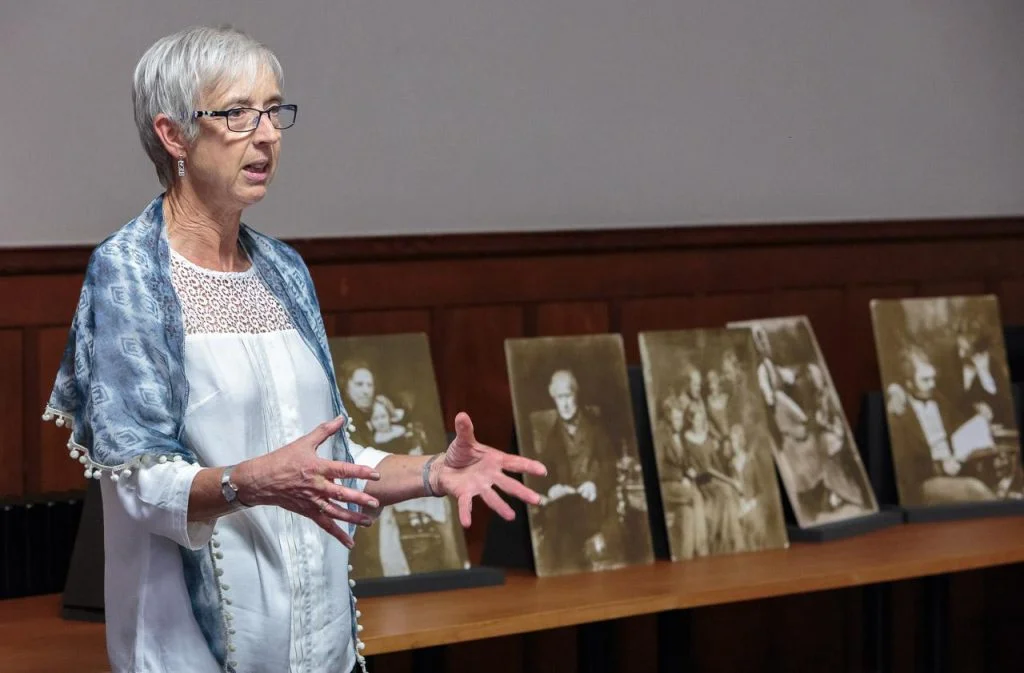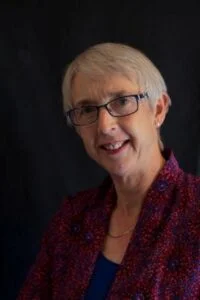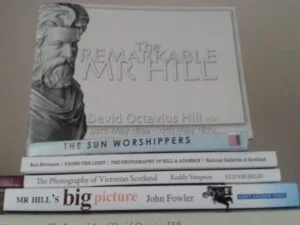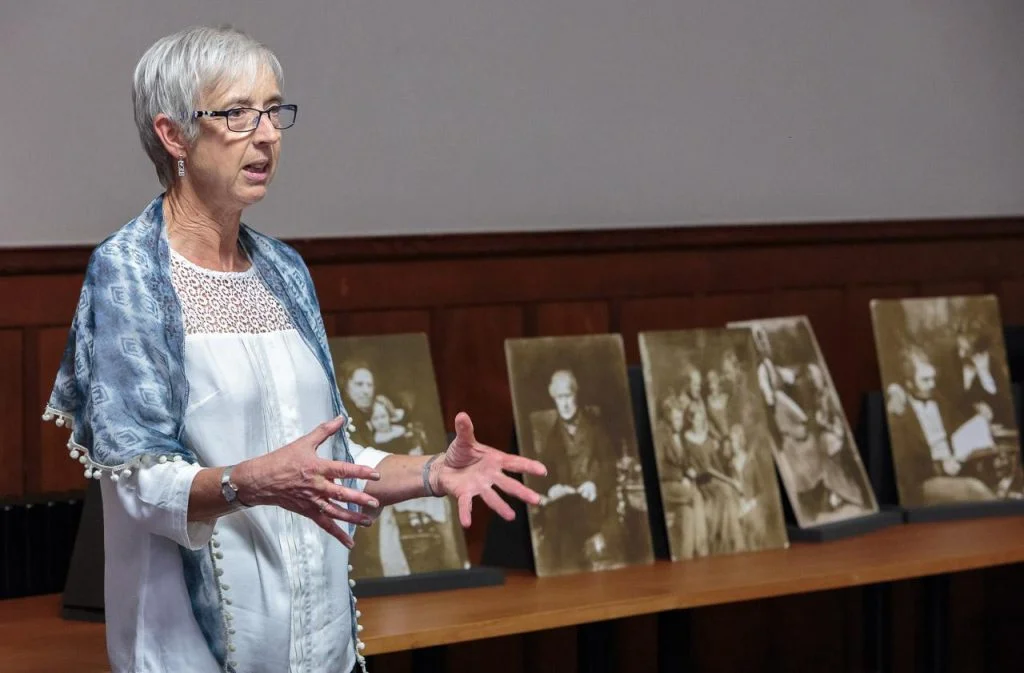Scottish author Ali Bacon has plumped for writing her forthcoming book as fiction – but it was a close-run thing. Here she describes her journey and what influenced her decision.
How do authors choose a genre?
Mainly, I guess, because they already have a favoured writing ‘brand’, or sometimes with an eye to an emerging market.
But when I uncovered the story of a Victorian artist and photographer and saw in it love, loss and redemption, I never doubted it would be a novel.
70,000 words and copious amounts of research later, I wasn’t so sure.
Round 1: The Novel
My first draft was a battle to impose a narrative arc on the fascinating but sometimes inconvenient ‘truth’ of historical fact. I fiddled with voices and points of view, I added subplots, but by the time I stumbled over what should have been the finishing line, my story had got lost. I also read other examples of biographical fiction and saw how respect for the facts often hampered the writer in delivering a satisfying read.
I knew enough about historical fiction to see I probably needed to let go of the history and use the setting and period to write a new story. But by now I loved these people too much. I wanted to celebrate their lives not concoct new ones.
So, should I be writing fiction at all?
Round 2: Non-Fiction
I looked across the writing ravine to the land of non-fiction…
A full-scale academic biography was out of the question as such a thing already existed, minutely researched and ransacked by my novelist self. Narrative non-fiction was more doable and could be commercially successful. After all, Dava Sobel’s Longitude was a film as well as a book. My take on Victorian photography could reach both niche and general markets. I even downloaded script-writing software!
But even narrative non-fiction needs an angle or a framework.
My subject’s story contained reference points to my own life and experience –I tried conflating history with memoir and considered other possible structures.
Freeze-Frame for a Rethink
Would I ever have pulled this off? I doubt it, but as it turned, out someone else already had. I got hold of a book written several years previously which sounded like a good research resource. I read it at speed in a hot sweat. It was exactly the book I wanted to read.
I soon realised it was also the book I had been about to write!
The Short Answer
I walked away from the project until I was prompted to write a short story for which I used some of my historical research. The story was a bit of a hit and I wrote a few more. I also secured an invitation to a photography festival where I read in front of a small but appreciative audience of early photography fans.
Here was my niche market – they liked fiction too.
A Happy Ending
I am now recasting my novel as a series of short stories about the women who knew my photographer hero. Although I think of the pieces as self-contained, they provide an over-arching narrative relating to the man himself. You might even call it a loosely structured novel.
But I’m keeping a non-fiction iron in the fire and plan to offer events (to camera clubs, WI’s etc) in which I will focus on the real lives behind the stories, in the hope of attracting readers from both camps.
Writing What's Right for Me
In this protracted story there is a distinct lack of commercial hard-headedness, but I’m comfortable with my decision and although I have always struggled to find a consistent writing brand, I’m more likely to continue in fiction than undertake a new research project.
Meanwhile I’d appreciate any thoughts from ALLi members on how to pitch what has turned out to be fiction after all. A novel is a more attractive proposition to habitual readers of fiction. Or should I stick my neck out, add contemporary photographs and offer something a bit different – a collection of illustrated short stories?
OVER TO YOU Feel free to share your thoughts on Ali's dilemma in the comments – and any similar experiences you've had with your own genre-crossing writing projects.
Case study of how authors choose a genre - by indie #author @AliBacon - #selfpub Share on XOTHER INTERESTING POSTS ABOUT GENRE WRITING







